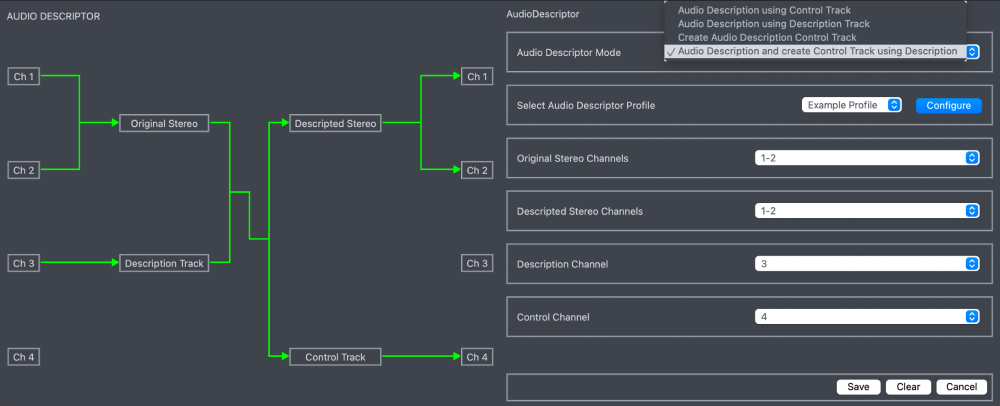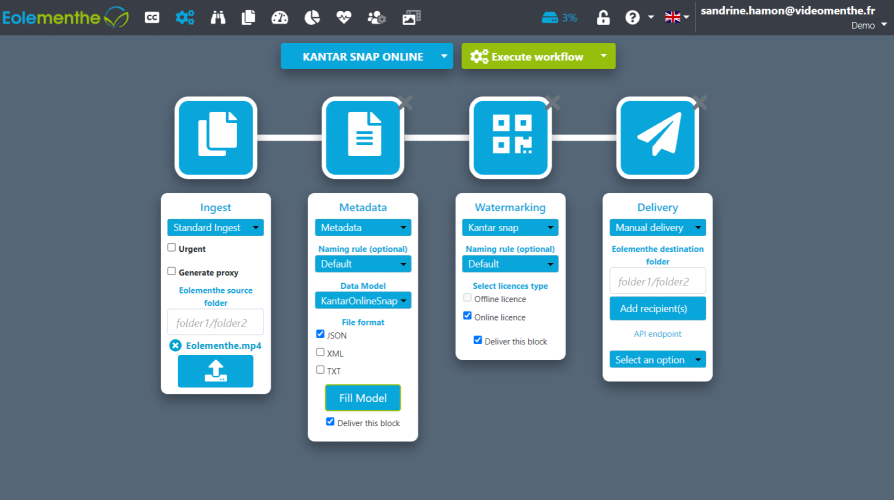Quality Assurance for Digital Production Workflow
Author: Dennis Lennie
Published 1st June 2008
In every industry that I’ve had anything to do with the word ‘Quality’ gets backs up faster than just about anything else. Well, perhaps some parts of the automotive industry are amenable but then they largely invented the concept in the last century.
Perhaps it would help to start off with a definition. After all, the word means many different things to many different people. But the meaning that I want to convey is about how well something that you do meets requirements.
Quality cannot exist in isolation. It is impossible for a badly run business to consistently meet the requirements of its stakeholders. No, not just customers but suppliers, staff, neighbours, shareholders, competitors, local and national government as well as any deities deemed interested in the business. These all stakeholders as all are concerned with it.
For a business of any type to succeed it must satisfy a disparate group of entities that have a stake in it. And their objectives are all likely to be in different directions. And there are lots of different types and sizes of business.
Selling vegetables could not be more different from making railway trains or making films or pulling teeth. But they do have at least one thing in common. They are all in manufacturing.
Products and services are all products. They start with bits of low value stuff and add value that we are prepared to buy:
• The vegetable sale sits in a supply chain which results in someone’s dinner.
• The railway engine becomes a component in a ticket sales service.
• Making films results in an evening out, angry despots and/or happy Oscar statue makers.
• Pulling teeth? Well I think you get my point.
Se we’re all in manufacturing then. We all make products. We all have stakeholders and we all need to be seen as capable of producing what we do repeatably and reliably. Or why would anyone come back?
So, back to the ‘Q’ word. Well not quite yet. Bureaucracy comes first. Despite current experience with our national bureaucracies they are vital to efficient management. Their whole purpose is to ensure that something is delivered repeatably and reliably.
They are a system of rules and protocols designed to constrain a process so that it always delivers the same outcome. They are change averse and so need ripping down and rebuilding periodically to accommodate the changes in the world which they serve. And this probably explains how they get their bad reputation. They don’t often get rebuilt, they nearly always get patched.
Quite unconsciously we use bureaucracies in almost all areas of our lives. Computers are one. The rules that define Microsoft Word ensure that what I type on my computer is digestible on yours. And that’s all it’s about – a set of rules for carrying out a process so that you get a consistent product.
We know that in this increasingly multiformat world that we always produce more efficiently when we start by defining a workflow to produce the result we want before we go off and acquire the material.
When something comes along to change the world then the bureaucratic rules must change too. If you don’t change the rules then you don’t get the benefit. And “We’ve always done it this way!” just sounds stupid.
So, we are all in manufacturing and we all need bureaucracies to ensure that our product meets stakeholder requirement. So what next?
Well, it’s really quite simple. Build a system that produces the product. Why? Because people are not consistent but systems are.
You can teach other people to run the system and they can do it for you. This is delegation. The other choice is to abdicate your responsibility for that area of the business and guess what? It comes back to bite you later on.
At the heart of a good system lies a very simple process. Define what you do, frequently check that you do what you say you do, fix what you did wrong and then check to make sure you don’t make that same mistake again.
If you do no more than that you will start to control the waste in your business. And the problem with waste? It’s just a cost that impedes your progress.



































